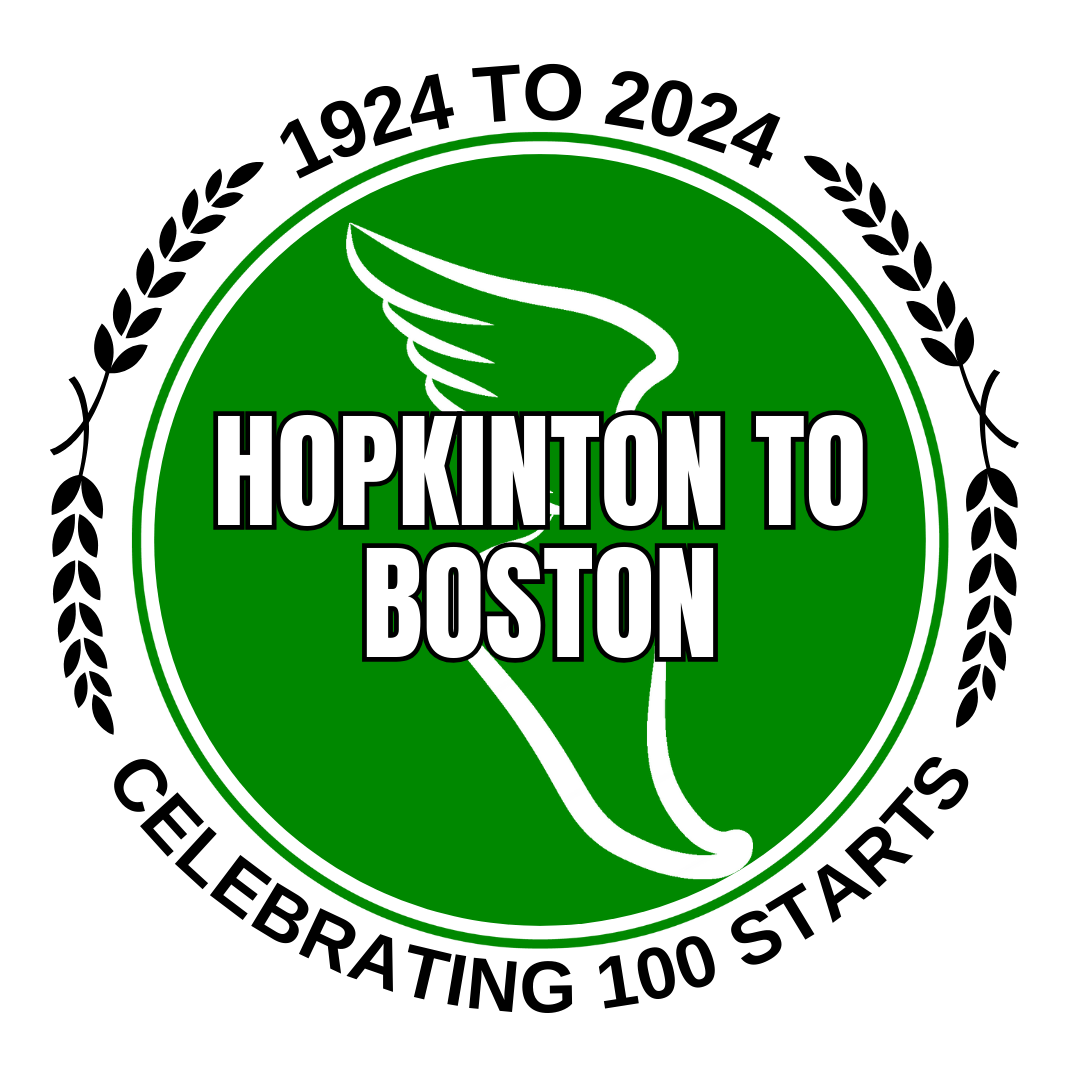
The Hopkinton Education Foundation today announced that David Godfroy, whose daughter Madelyn is a kindergartner at Center School, was the winner of its Partners in Innovation iPad contest. The contest increased awareness of iPads as one of the innovative technologies used in Hopkinton schools as the result of a grant from the Hopkinton Education Foundation.
iPads are just the latest in a long list of technologies introduced into Hopkinton schools as the result of Education Foundation grants. Some others include Smartboards, Internet-based collaboration technologies, Smart Pens, digital microscopes and display technologies, GIS software, and engineering and mathematics curricula.
Over the last two years, the Hopkinton Education Foundation directed over 40% of its grants, approximately $52,000 to teachers who are bringing a broad spectrum of curricula alive for students with the help of iPad applications. These grants will improve literacy at Center School, improve problem-solving abilities at Hopkins, and enhance the wellness curriculum across the district.
According to Clelland Johnson, President of the Hopkinton Education Foundation, “We are excited to showcase this innovative technology in this way. Through Education Foundation grants, we have demonstrated that in the hands of a pioneering educator, technologies like this can help revolutionize the way our kids learn, allowing them to interact, experience, and engage in their education in transformational ways.”
Recently, members of the Education Foundation visited a 3rd grade classroom at the Elmwood School. The lesson was Massachusetts history. The students were asked to complete a “Massachusetts Scavenger Hunt” (a series of questions on Massachusetts history). Armed with an iPad and a website that included articles about Massachusetts history, maps of the state, and a dictionary, the students eagerly logged onto the site and set about discovering facts about the Commonwealth’s history. While these applications may appear to be just games, in the hands of a savvy educator, they add an engaging and accessible teaching tool.
“Kids today live in a media-rich environment. Using an iPad and applications appropriate to the grade level increases the level of student engagement and the accessibility of up-to-date information. It allows students to take more ownership of their education, moving the learning from being teacher-instructed to teacher-facilitated,” according to Mrs. Lauren Mack, 3rd grade teacher. "We still go to the rug and use many of the teaching tools you'd find in a traditional classroom," explained Mack. "However, using technology, especially the iPad, is a great way to lend variety to the learning experience."
Mrs. Mack’s class uses the 18 iPads provided by the Education Foundation several times per week. The rest of the time, the iPads are used throughout the Elmwood School to engage students in language arts, math, social studies, and science. Additionally, the iPads represent another opportunity for teachers to collaborate, sharing ideas for iPad applications and how to leverage them in the classroom.
For more information or to make a contribution to the Hopkinton Education Foundation, please visit www.hopkintoneducationfoundation.org.
About the Hopkinton Education Foundation
The Hopkinton Education Foundation is a small, but mighty, all-volunteer 501(c)(3) non-profit organization that provides resources to educators in the form of funding, ideas, tools, and professional development to promote educational innovation. Since its inception in 1992, the Education Foundation has been the primary independent catalyst energizing Hopkinton Public School educators to deliver innovative educational experiences that inspire students to strive for excellence and become lifelong learners by funding almost $1,000,000 towards new ideas requested by HPS professional staff.
Over the years, grants have been awarded to every school and to the District as a whole. Naturally, grants have been awarded for STEM (science, technology, engineering, and mathematics), but they have also been awarded in support the art and music curricula, language arts and foreign language programs, the wellness curriculum, and the libraries.
The goal is to help the future workforce become thinkers and life-long learners so that they may be competitive participants in this dynamic, global world!















